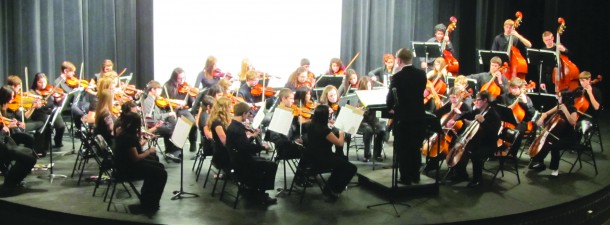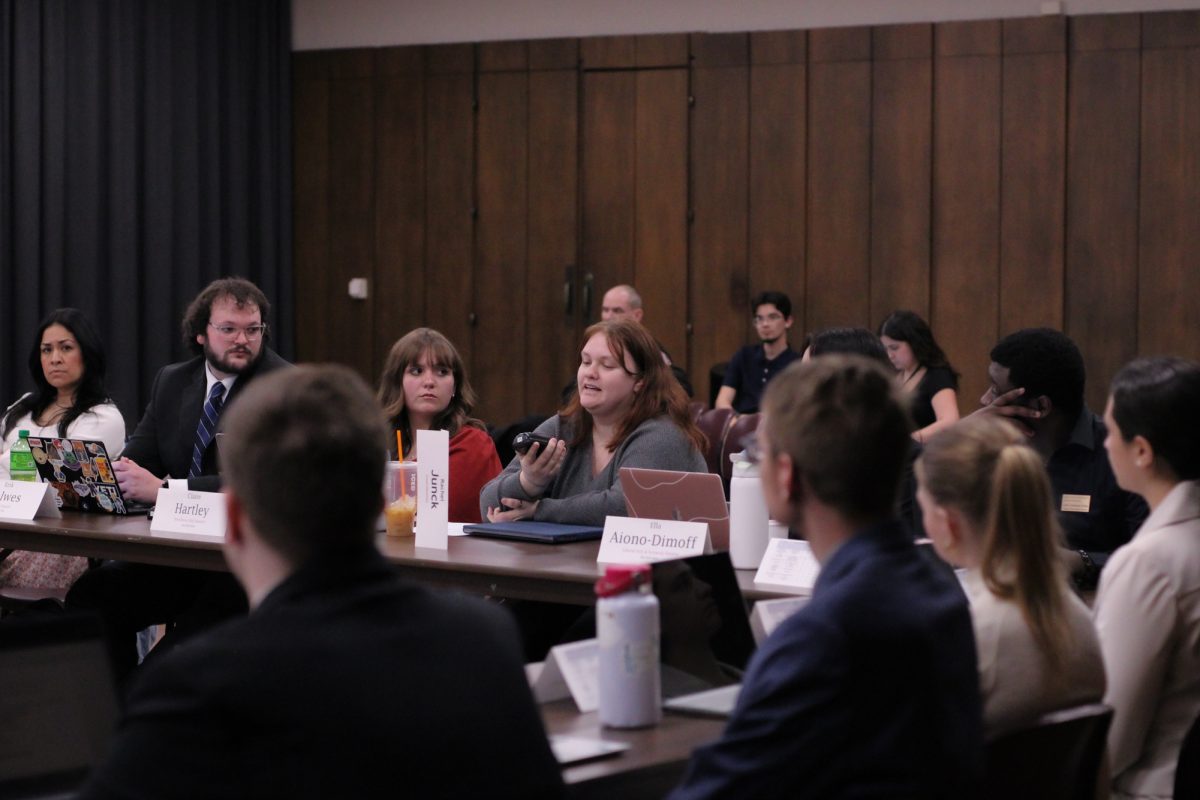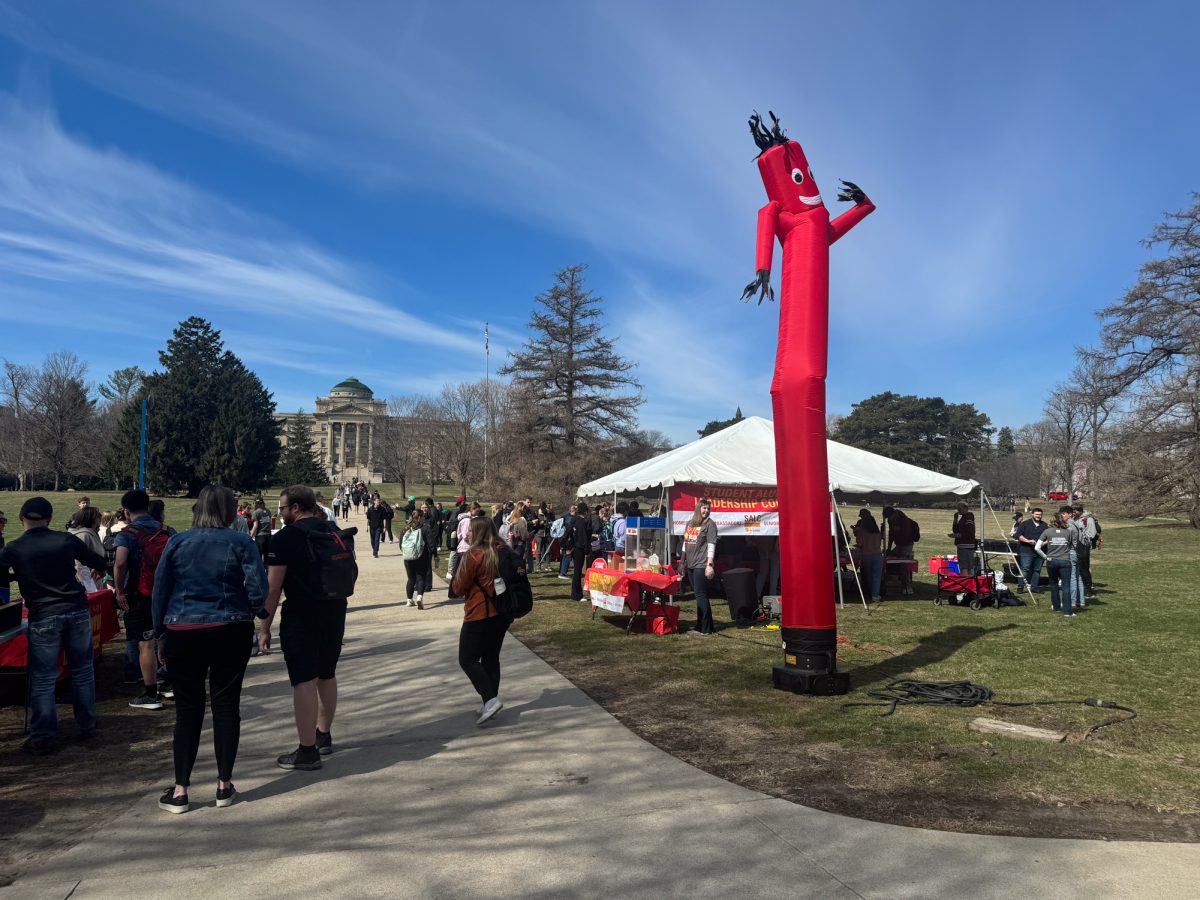A musical life after college
December 5, 2012
For senior Brandon Kowalsky, December 9 at his senior recital will mark his last performance as a student of music at Iowa State.
Though Kowalsky switched to music from engineering two years ago, joining the ISU orchestra helped Kowalsky, a trombonist, discover what he wanted to do with his life after college.
Although the music department does not have an official jobs program for its major, it does help students like Kowalsky prepare for life after college in many ways.
“We have music education classes that help students get jobs in the future, in fact, we have several classes,” said Dr. Michael Golemo, the chair of the music department.
One venue music education majors must take in order to get a job anywhere is to go through student teaching. Majors going through the program must take student teaching for a semester, full time, meaning they are not allowed to take any courses during that time. Student teaching is organized during that semester by two periods of eight weeks. The periods are at different grade school levels, such as high school or middle school.
“It’s a real world experience,” said Golemo. “You are totally immersed in the classroom and how it works.”
Music education majors are given a choice at what level and what school they can student teach at, but there are no guarantees, according to Golemo.
“At least one of those periods, we try to accommodate the students’ requests,” said Golemo. “If they want to teach high school after graduating, we will put them in a high school to make sure they get the experience.”
Applying for a music education job after college doesn’t start right after they graduate, but rather while they are still in school. According to Golemo, students start looking for jobs in March, when schools start posting open positions.
Jon Thoma, a spring 2012 graduate and currently the orchestral director at Muscatine High School, went through this process as well.
“While I was still student teaching, I sent out applications all over the country,” said Thoma. “Getting a job in music education can be tough unless you apply out of state as well.”
Fortunately for Thoma and his wife, he found a job in Muscatine, close enough to their hometown of Fort Dodge to be close to their families. Since he applied early, he had accepted the job in May. This job came after being rejected from several other music jobs in other districts.
“My advice to music education majors is don’t get discouraged when you don’t get a job at first,” said Thoma. “Only apply at places you want to work at.”
According to Golemo, last spring’s graduates in the music education major all moved on to get jobs by early June, or moved on to graduate programs at other colleges. Official numbers were not available for all other music majors in the music department.
“Our student success rate is very high and we are very proud of that,” said Golemo.
As for Kowalsky, he has a plan of his own for after college. He will be returning to his hometown of Urbandale to work for tech support at his former school district. While he works, Kowalsky will be looking at different schools for getting his Master’s degree in Music Performance. Currently, he is looking at Arizona State, Northwestern, Columbus State and UNL. His dream job is to play for either the New York Philharmonic Orchestra or the Chicago Symphony Orchestra.
“It’s a tough field to go into,” said Kowalsky. “It takes some serious dedication, but if you have the passion for it, go for it.”







